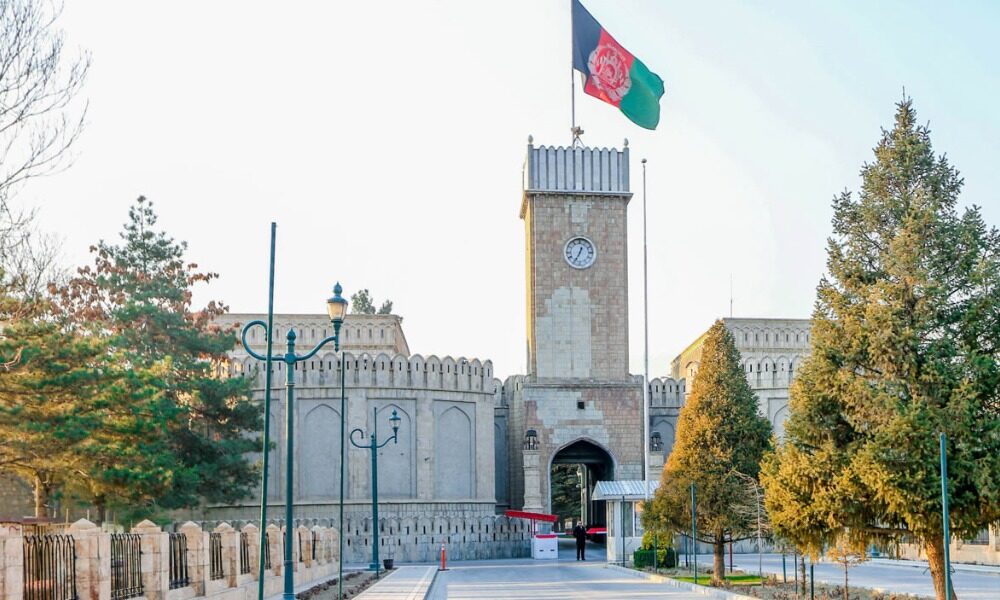Afghanistan’s Diplomatic Coordination Council —led by diplomats from the former republic—has renewed its call for the establishment of an inclusive, elected, and accountable government. In a statement marking Afghanistan’s Independence Day, the council confirmed that efforts toward this goal are actively underway.
The statement described the country as standing at a “critical and decisive juncture” four years after the fall of the republic. It urged the people of Afghanistan to choose between accepting the current trajectory, which would prolong the ongoing crisis, or embracing a new, collective approach backed by international cooperation to shape a different future.
The council highlighted Afghanistan’s 1919 independence from British colonial rule as a long-standing source of inspiration, proving that “when united around a common purpose, the people of Afghanistan can achieve remarkable victories.”
It invoked the legacy of King Amanullah Khan, who championed equality, modern governance, and universal education—values the council said stand in stark contrast to the country’s current reality.
“Afghanistan under Taliban rule faces a profound, multidimensional crisis,” the statement read, citing a severe humanitarian emergency and an escalating human rights disaster. “At the heart of this crisis lies a system of gender apartheid that systematically denies women and girls their basic rights, including education, employment, justice, and freedom of movement.”
The council warned that such policies risk destroying decades of progress gained through the sacrifices of both the Afghan people and the international community.
It reiterated the urgent need for national unity and called for robust global support for the people of Afghanistan and their struggle for justice and freedom.
Nasir Ahmad Andisha, Afghanistan’s permanent representative to the UN Human Rights Council, shared the statement on social media, writing: “The time for transformation has come. In foreign policy, the enduring constants are the interests of our people and our nation—not temporary allies or adversaries.”







